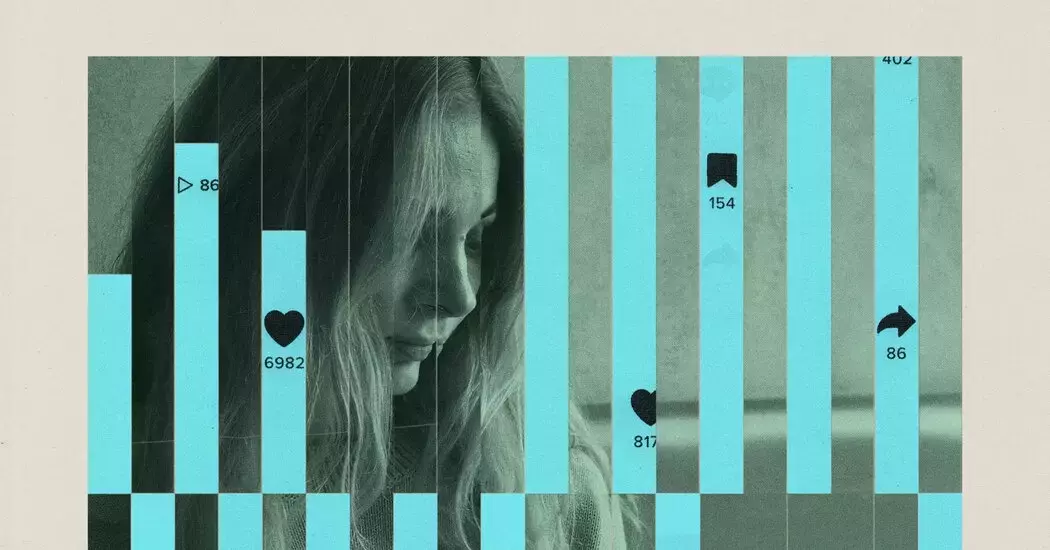
A recent study published in PLOS One reveals that many popular videos about attention deficit hyperactivity disorder (ADHD) on TikTok contain misleading information. Less than half of these videos offer content aligned with diagnostic criteria or professional treatment guidelines for ADHD. Surprisingly, even individuals diagnosed with ADHD struggle to identify reliable data within these posts. Furthermore, a significant portion of creators promote products or services without being licensed mental health professionals, raising concerns about the nuanced representation of symptoms and conditions.
The study's findings align with previous research indicating widespread misinformation about ADHD on TikTok. Experts warn that self-diagnosis based on such content may lead users to overlook their actual needs, as certain symptoms like difficulty concentrating are not exclusive to ADHD but could indicate other disorders like depression or anxiety. Striking a balance between fostering online communities and ensuring accurate information dissemination remains crucial.
Evaluating the Credibility of Online Content
This section examines how TikTok's most-viewed ADHD-related videos often present inaccurate or overly generalized claims. The study highlights that less than 50% of these videos provide information consistent with established diagnostic standards or professional recommendations. Alarmingly, participants already diagnosed with ADHD also found it challenging to differentiate credible from unreliable content.
TikTok's algorithm prioritizes engagement, which sometimes amplifies content created by individuals promoting products or services rather than qualified mental health experts. For instance, many creators sell items like fidget spinners or coaching packages without offering scientifically validated advice. This lack of expert input can mislead viewers into believing that certain symptoms exclusively relate to ADHD. Additionally, the absence of context regarding alternative explanations for these symptoms complicates accurate understanding. Therefore, users must approach such content critically and seek guidance from certified professionals when needed.
Promoting Accurate Awareness Amidst Digital Noise
While TikTok provides a platform for sharing personal experiences and building supportive communities, the potential for misinformation is significant. Research shows that approximately half of the top ADHD videos contain misleading elements, echoing earlier studies conducted in 2022. Such inaccuracies risk guiding users toward incorrect conclusions about their condition.
Experts emphasize the importance of accurate diagnosis, which requires time, resources, and access to qualified practitioners. Misleading content might resonate emotionally with viewers due to relatable themes, yet it fails to address complexities inherent in mental health disorders. To combat this issue, initiatives promoting digital literacy and critical evaluation skills among users could prove beneficial. Moreover, collaborations between social media platforms and mental health organizations might enhance the quality of information shared online. Ultimately, fostering an environment where genuine expression coexists with factual accuracy will empower users to make informed decisions about their well-being.
